Basic Math understanding Adding Up to 5 Worksheets for Ages 5-6
7 filtered results
-
From - To
Welcome to our Basic Math Understanding: Adding Up to 5 Worksheets designed specifically for children ages 5-6. These engaging and interactive worksheets help young learners develop essential addition skills in a fun, memorable way. Each activity reinforces number recognition and the concept of counting, enabling kids to confidently add numbers up to 5. With colorful illustrations and clear instructions, these worksheets create a nurturing environment for hands-on learning, progressing at your child's pace. Perfect for home or classroom use, our resources are crafted to foster a love for math while strengthening foundational skills. Start your child's math journey today!
Understanding basic math concepts, such as adding up to 5, is crucial for children aged 5-6. This foundational skill not only supports early mathematical development but also contributes significantly to a child’s overall cognitive growth. At this age, children are naturally curious and eager to learn, making it the ideal time to introduce them to basic arithmetic.
First, mastering addition up to 5 helps children develop number sense and confidence in their abilities. This foundational comprehension fosters a positive attitude towards math as they learn to identify numbers, quantities, and understand the relationship between them. Engaging in small addition exercises also promotes critical thinking and problem-solving skills.
Moreover, learning addition aligns with other essential developmental milestones, including fine motor skills and language development as they practice counting and verbalizing their thoughts. Incorporating basic math into daily activities enhances memory and concentration and facilitates social interaction as children play games and share experiences.
For teachers and parents, focusing on basic math understanding sets the stage for future academic success. It enables children to engage in more complex math concepts later on and enriches their learning journey, ensuring they build a strong foundation that will support them in their educational endeavors.
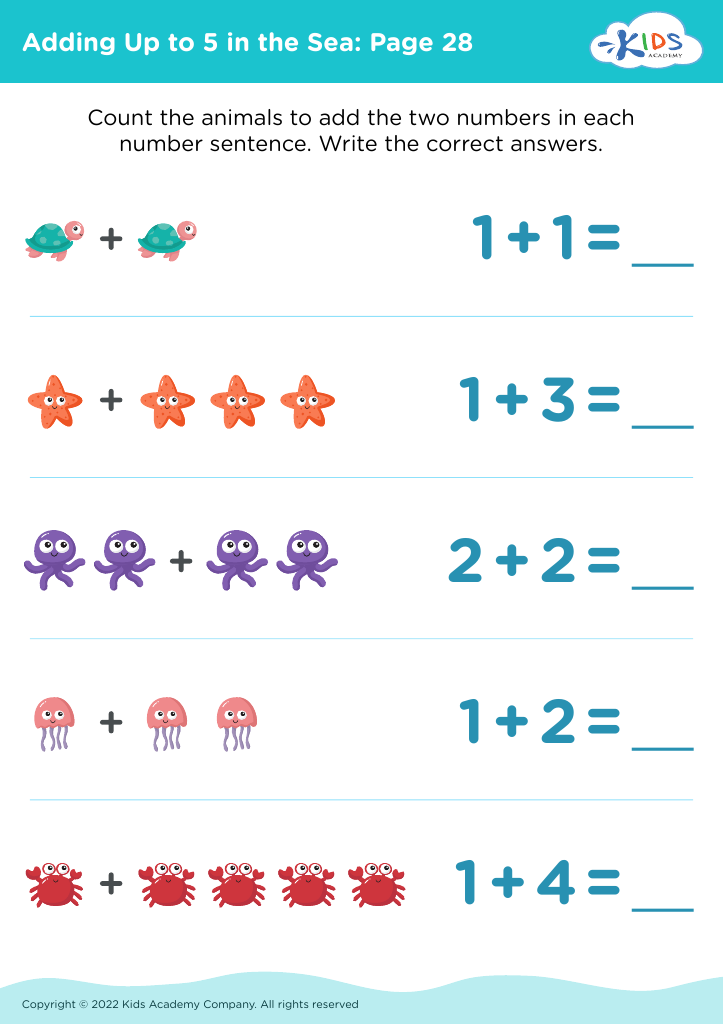
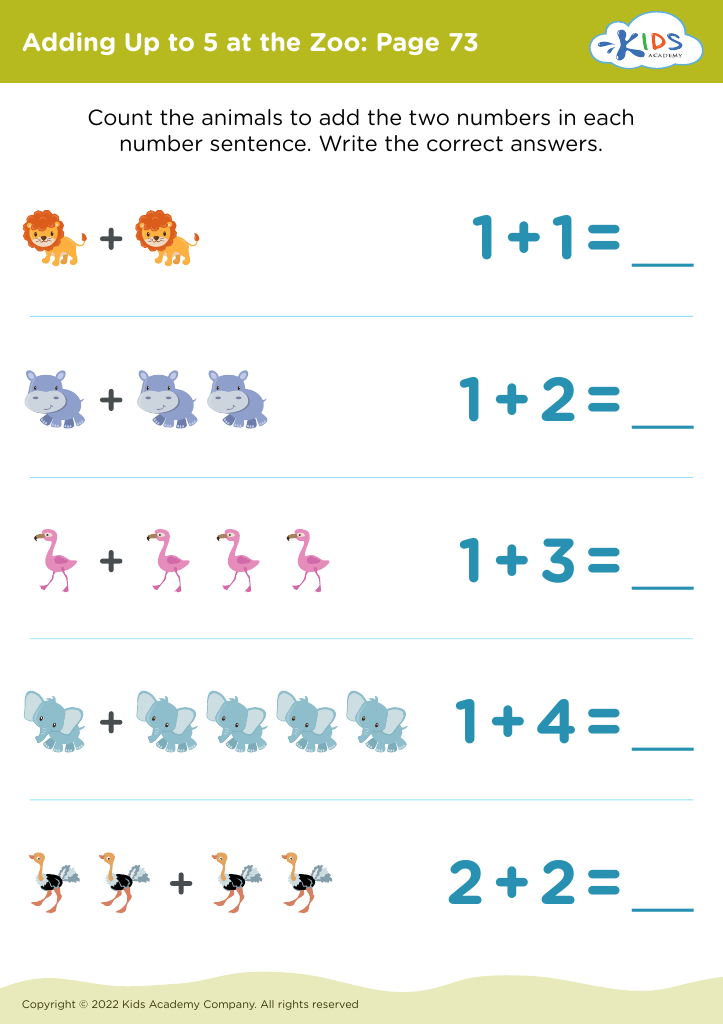
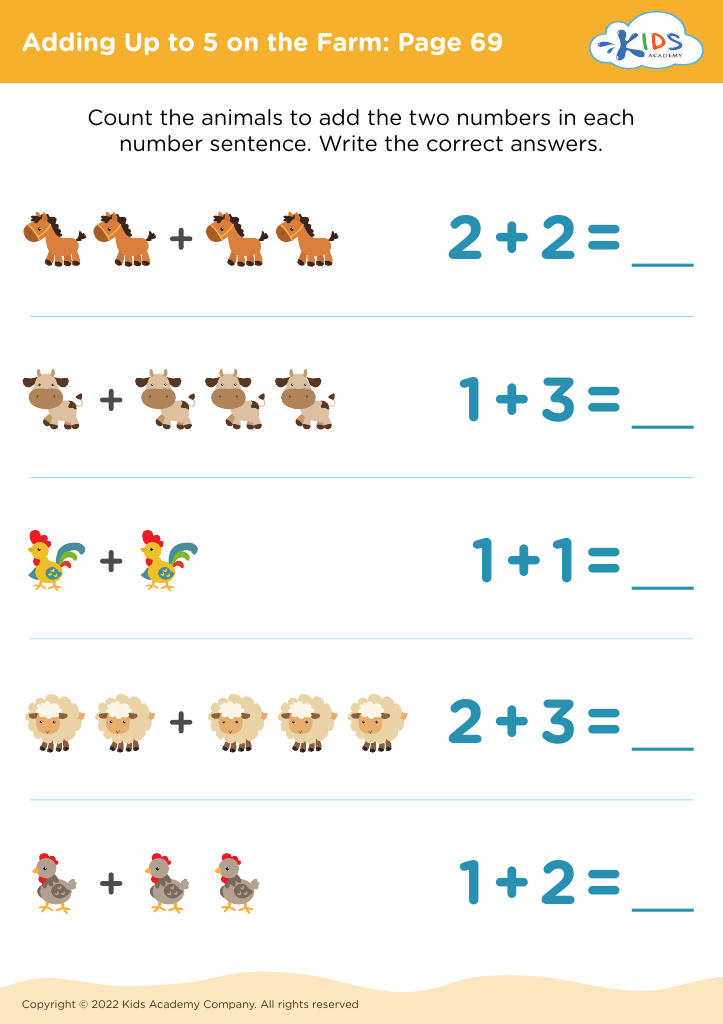
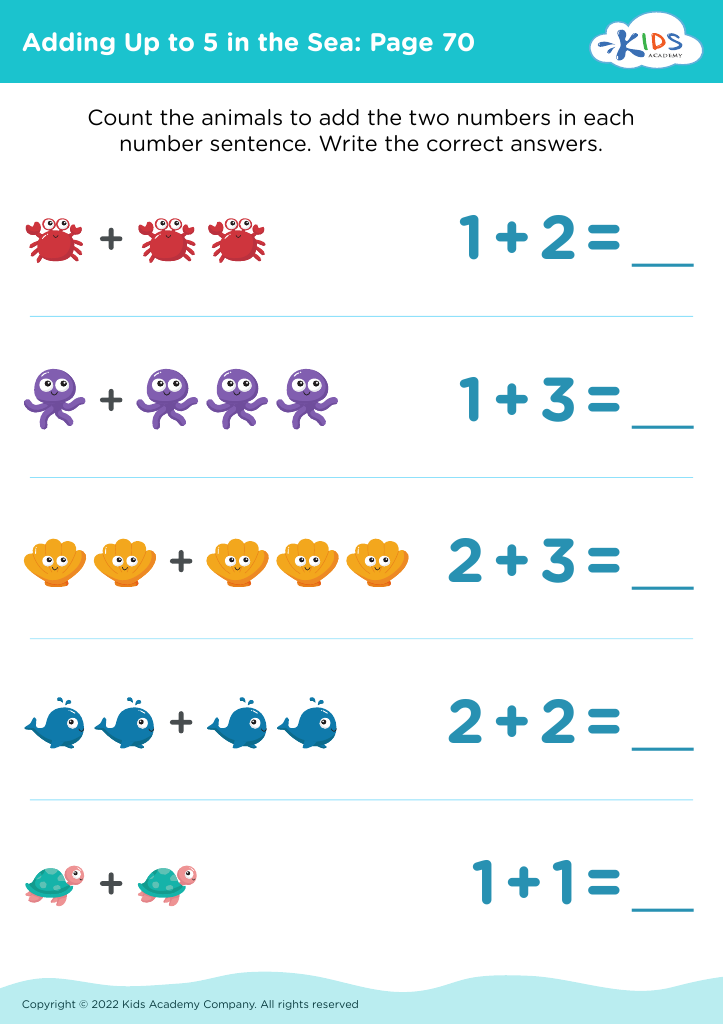
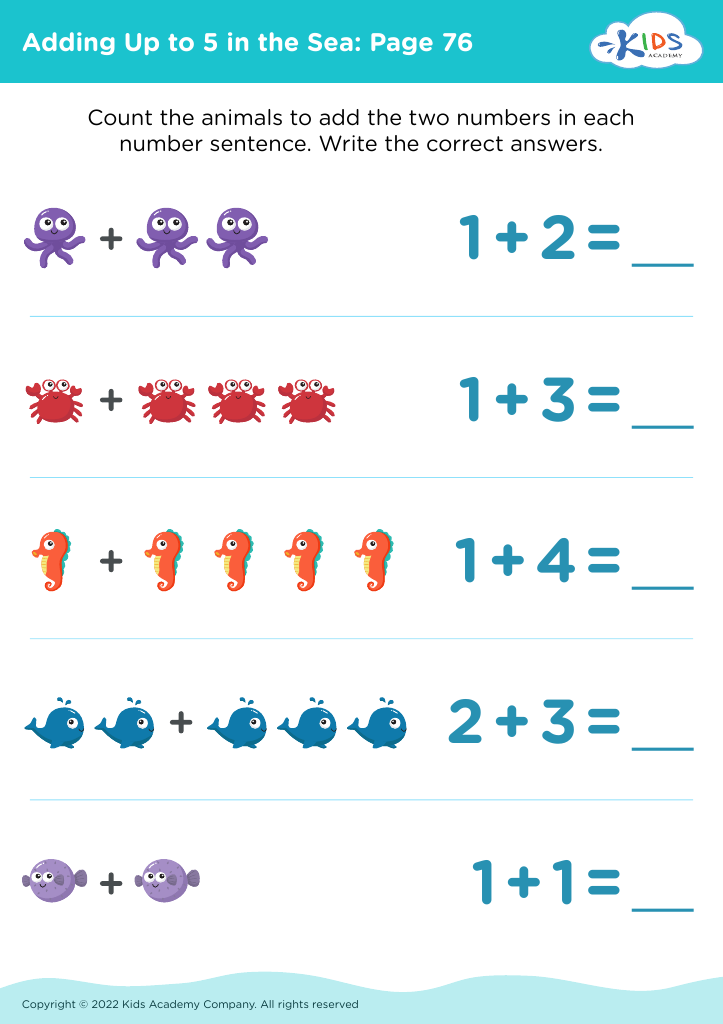

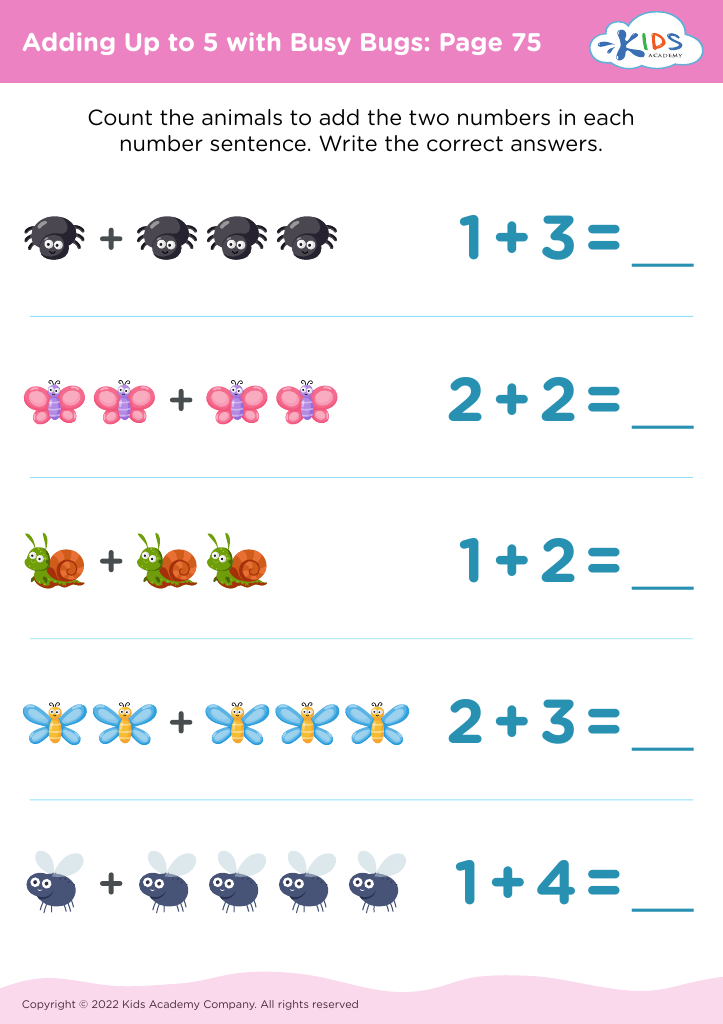
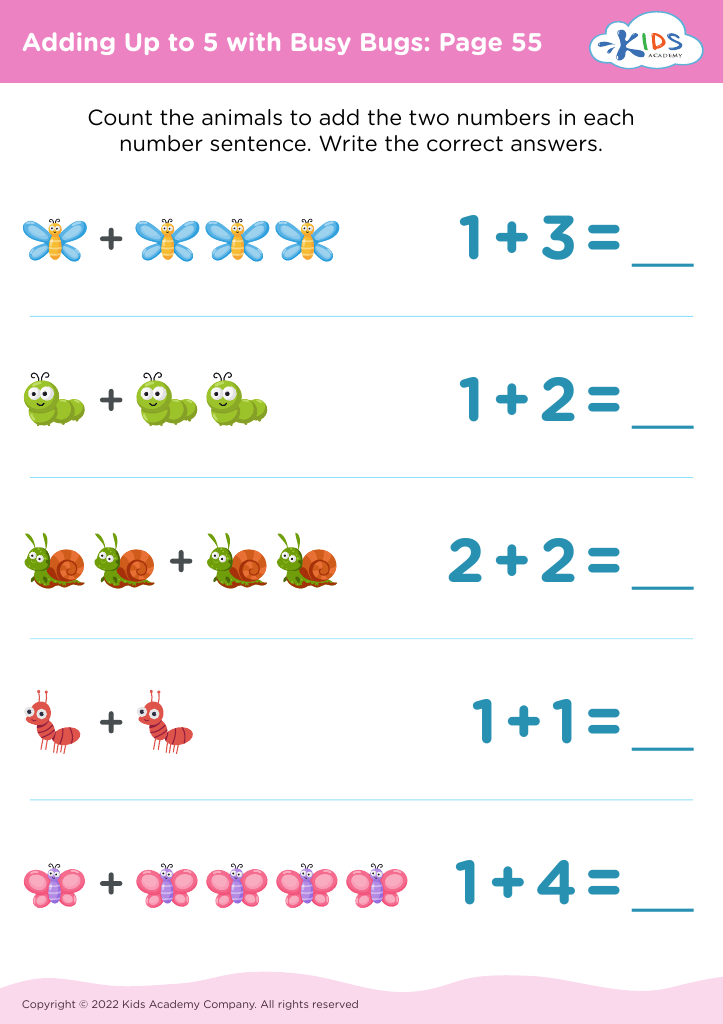








%20(1).jpg)










